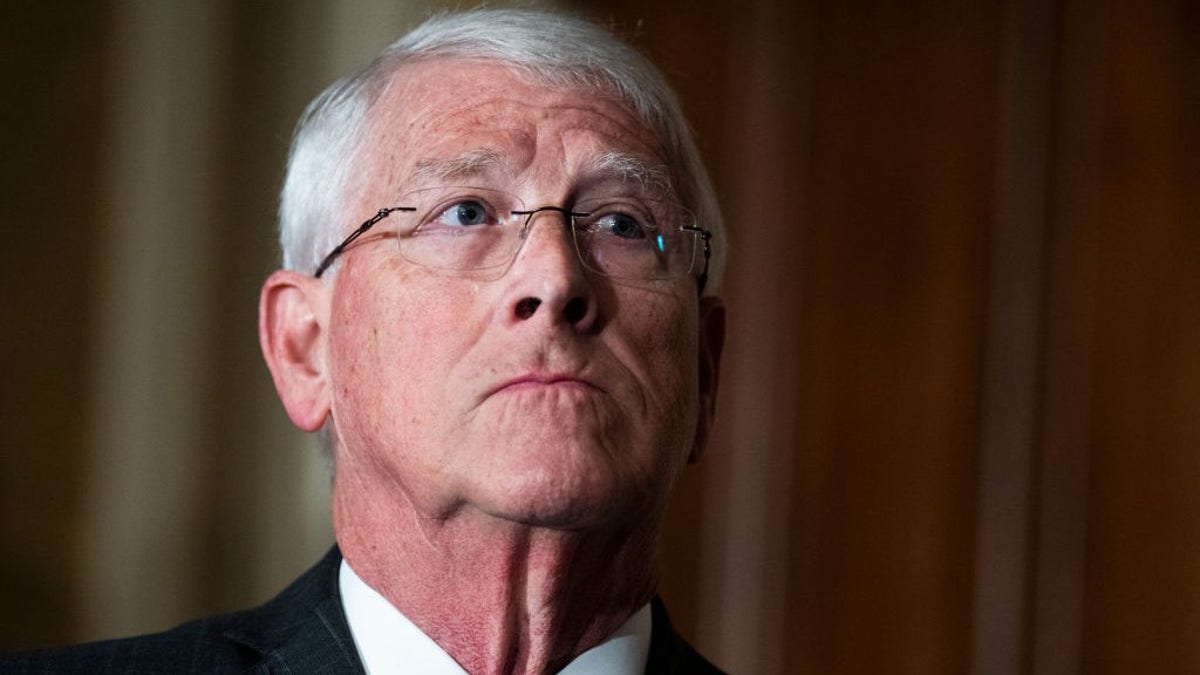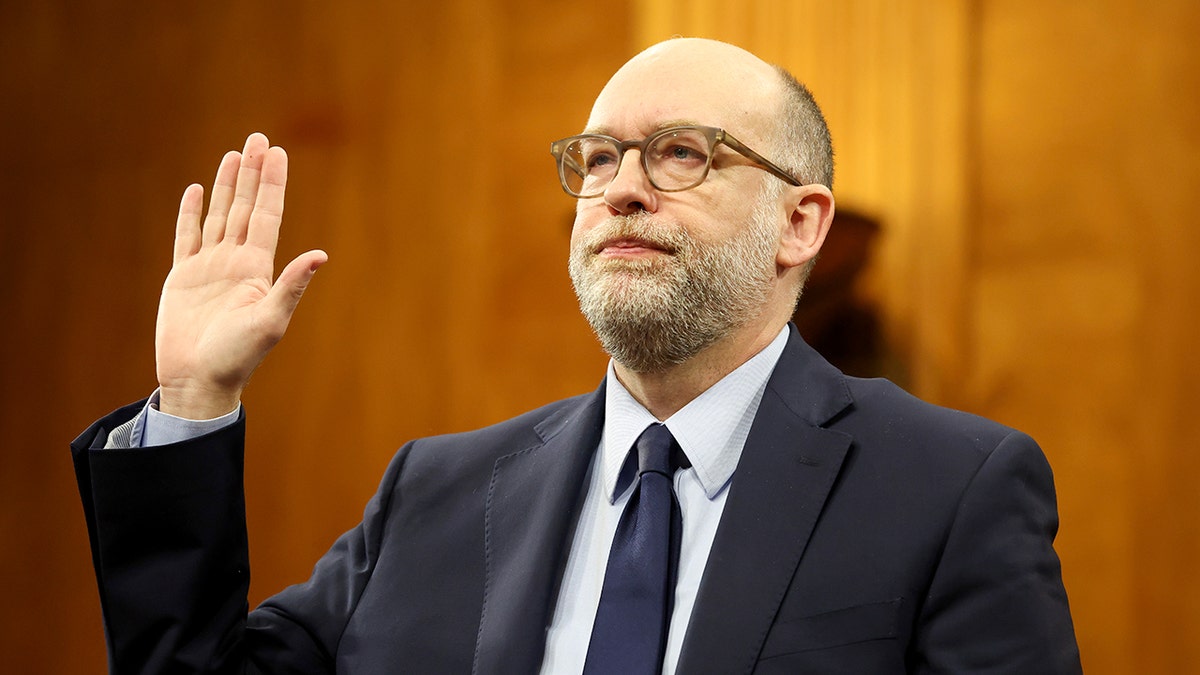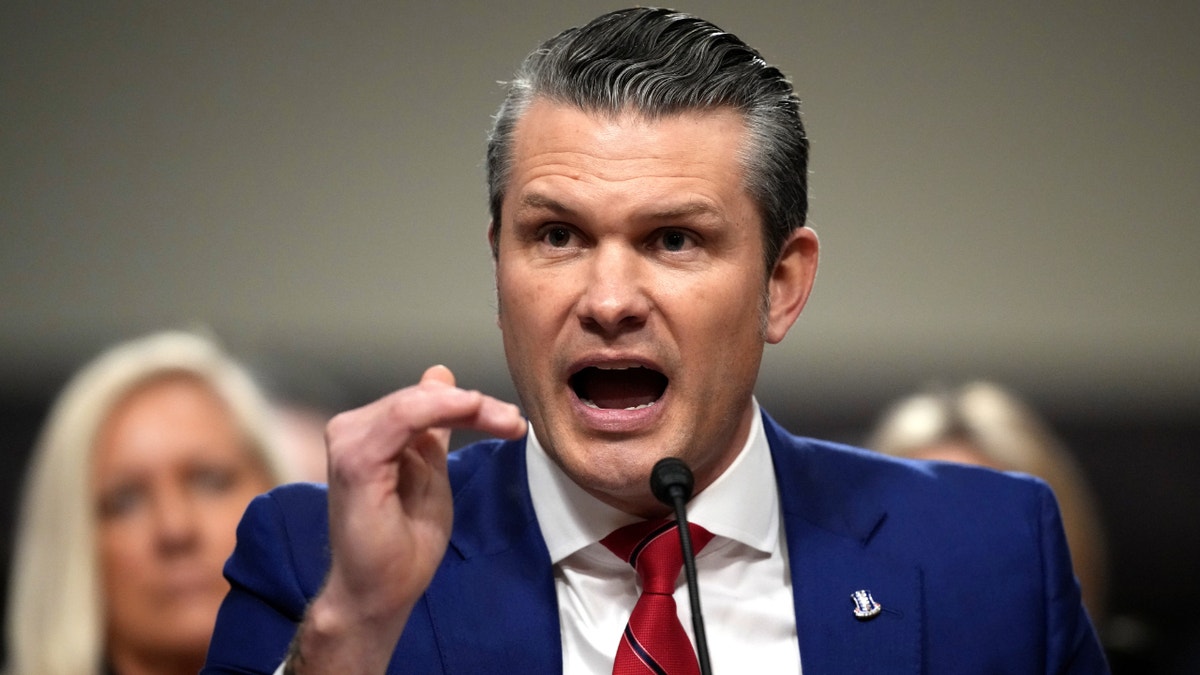Top Senate Armed Services Republican says Trump OMB’s budget ‘shreds to the bone’ military capabilities
The Senate’s top Armed Services Republican eviscerated President Donald Trump’s Office of Management and Budget (OMB) shortly after the White House released details of its government funding proposal for fiscal year 2026.
“President Trump successfully campaigned on a Peace Through Strength agenda, but his advisers at the Office of Management and Budget were apparently not listening,” Sen. Roger Wicker, R-Miss., said in a statement.
“The Big, Beautiful Reconciliation Bill was always meant to change fundamentally the direction of the Pentagon on programs like Golden Dome, border support, and unmanned capabilities – not to paper over OMB’s intent to shred to the bone our military capabilities and our support to service members.
House Armed Services Chairman Rep. Mike Rogers echoed Wicker’s complaints.
“I am very concerned the requested base budget for defense does not reflect a realistic path to building the military capability we need to achieve President Trump’s Peace Through Strength agenda,” the Alabama Republican said in a statement.
“I look forward to working with the President and the Senate to achieve real growth in the defense budget and put America on track to realize the President’s goal of investing five percent of GDP on defense for NATO countries.”
BILLIONS SPENT, WARFIGHTERS WAIT: INSIDE THE PENTAGON’S BROKEN BUYING SYSTEM AND THE PLAN TO FIX IT

The Trump OMB’s “skinny budget,” released on Friday, proposes cuts to non-defense funding by $163 billion but increases defense funding from $893 billion to $1.01 trillion – a 13% increase. That includes $892.6 billion in discretionary spending, but will be supplemented by $119.3 billion in mandatory spending that is expected to be passed in the upcoming reconciliation bill.
Senior officials told Fox News the Trump administration needed to get creative to get a $1 trillion-plus budget over the finish line: Republican majorities have historically been forced to offer one-to-one increases in non-defense spending to secure increases in defense spending.
However, by keeping discretionary defense spending at $892.6 billion, the same level as fiscal year 2025, the budget that would be presented to Democrats would essentially reflect an unchanged defense discretionary budget with a smaller non-defense discretionary budget of about $557 billion – a 22.6% decrease.
The White House and congressional Republicans would then pursue the reset of the defense spending through the budget reconciliation process that is linked to the tax cut package.

But Wicker isn’t satisfied.
“OMB is not requesting a trillion-dollar budget. It is requesting a budget of $892.6 billion, which is a cut in real terms. This budget would decrease President Trump’s military options and his negotiating leverage,” he said.
“I have said for months that reconciliation defense spending does not replace the need for real growth in the military’s base budget.”
OMB Director Russ Vought said in a post on X: “The President wants to increase defense spending to $1 trillion, a 13% increase to keep our country secure. This budget provides that level while ensuring that only Republican-votes are needed by using reconciliation to secure those increases without Democrats insisting on increasing wasteful government.”
To account for spending decreases across government, all departments were asked to provide recommended budget cuts except for the Departments of Veterans Affairs and Transportation, which were excluded to protect veterans’ services as well as NASA and space exploration programs.

CLICK HERE TO GET THE FOX NEWS APP
Congress will have to hammer out its own budget plan – which could take months – with the White House’s framework as a suggestion.
Both Wicker and Rogers have long aimed to grow U.S. defense spending to 5% of the GDP, up from around 3.5 percent.
The Mississippi senator suggested he would ignore the OMB guidelines and work to achieve “real growth” within the defense budget.
Fox Business’ Edward Lawrence and Eric Revell contributed to this report.
